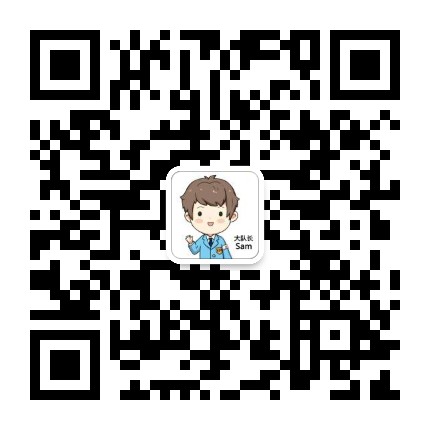雅思阅读
2017-06-27 10:25
来源:新东方网整理
作者:
When should you teach children, and when should you let them explore?
IT IS one of the oldest debates in education. Should teachers tell pupils the way things are or encourage them to find out for themselves? Telling children "truths" about the world helps them learn those facts more quickly. Yet the efficient learning of specific facts may lead to the assumption that when the adult has finished teaching, there is nothing further to learn—because if there were, the adult would have said so. A study just published in Cognition by Elizabeth Bonawitz of the University of California, Berkeley, and Patrick Shafto of the University of Louisville, in Kentucky, suggests that is true.
Dr Bonawitz and Dr Shafto arranged for 85 four- and five-year-olds to be presented, during a visit to a museum, with a novel toy that looked like a tangle of coloured pipes and was capable of doing many different things. They wanted to know whether the way the children played with the toy depended on how they were instructed by the adult who gave it to them.
One group of children had a strictly pedagogical introduction. The experimenter said "Look at my toy! This is my toy. I’m going to show you how my toy works." She then pulled a yellow tube out of a purple tube, creating a squeaking sound. Following this, she said, "Wow, see that? This is how my toy works!" and then demonstrated the effect again.
With a second group of children, the experimenter acted differently. She interrupted herself after demonstrating the squeak by saying she had to go and write something down, thus suggesting that she might not have finished the demonstration. With a third group, she activated the squeak as if by accident. To a fourth, the toy was simply presented with the comment, "Wow, see this toy? Look at this!"
After these varied introductions, the children were left with the toy and allowed to play. They might discover that, as well as the squeaker, the toy had a button inside one tube which activated a light, a keypad that played musical notes, and an inverting mirror inside one of the tubes. All the children were told to let the experimenter know when they had finished playing and were asked by the instructor if they were done if they stopped playing for more than five consecutive seconds. The entire interaction was recorded on video.
Footage of each child playing was passed to a research assistant who was ignorant of the purpose of the study. The assistant was asked to record the total playing time, the number of different actions the child performed, the time spent playing with the squeak, and the number of other functions the child discovered.
The upshot was that children in the first group spent less time playing (119 seconds) than those in the second (180 seconds), the third (133 seconds) or the fourth (206 seconds). Those in the first group also tried out four different actions, on average. The others tried 5.3, 5.9 and 6.2, respectively. A similar pattern (0.7, 1.3, 1.2 and 1.2) pertained to the number of functions other than the squeak that the children found.
The researchers’ conclusion was that, in the context of strange toys of unknown function, prior explanation does, indeed, inhibit exploration and discovery. Generalising from that would be ambitious. But it suggests that further research might be quite a good idea.
推荐阅读
若想获取更多详尽出国留学攻略以及雅思备考资讯,可以打开我们【上海新东方雅思网】,涵盖雅思培训,雅思写作、口语、听力、阅读以及留学名校介绍等。上海新东方雅思网在这里预祝各位考生学习顺利,都能考取自己满意的学校。

扫码添加大队长Sam,领取最新沪上热门国际学校招生信息
A BETTER YOU,A BIGGER WORLD!
版权及免责声明
①凡本网注明"稿件来源:新东方"的所有文字、图片和音视频稿件,版权均属新东方教育科技集团(含本网和新东方网) 所有,任何媒体、网站或个人未经本网协议授权不得转载、链接、转贴或以其他任何方式复制、发表。已经本网协议授权的媒体、网站,在下载使用时必须注明"稿件来源:新东方",违者本网将依法追究法律责任。
② 本网未注明"稿件来源:新东方"的文/图等稿件均为转载稿,本网转载仅基于传递更多信息之目的,并不意味着赞同转载稿的观点或证实其内容的真实性。如其他媒体、网站或个人从本网下载使用,必须保留本网注明的"稿件来源",并自负版权等法律责任。如擅自篡改为"稿件来源:新东方",本网将依法追究法律责任。
③ 如本网转载稿涉及版权等问题,请作者见稿后在两周内速来电与新东方网联系,电话:010-60908555。
雅思阅读
